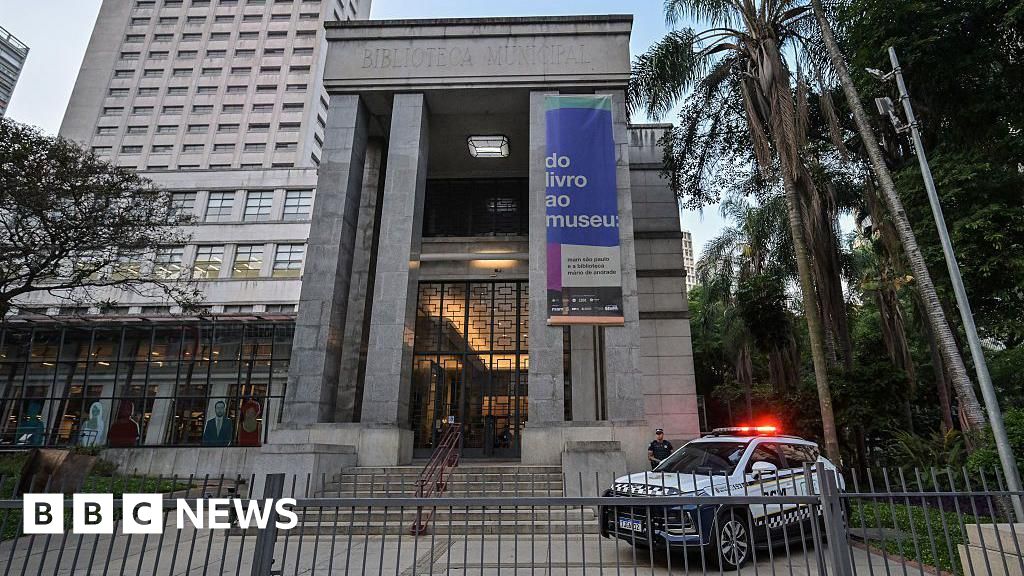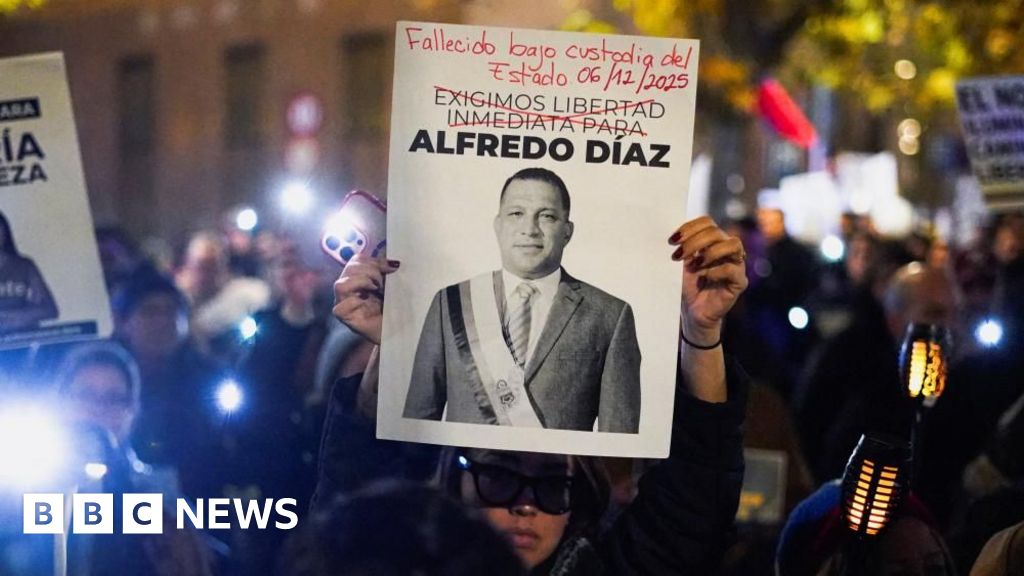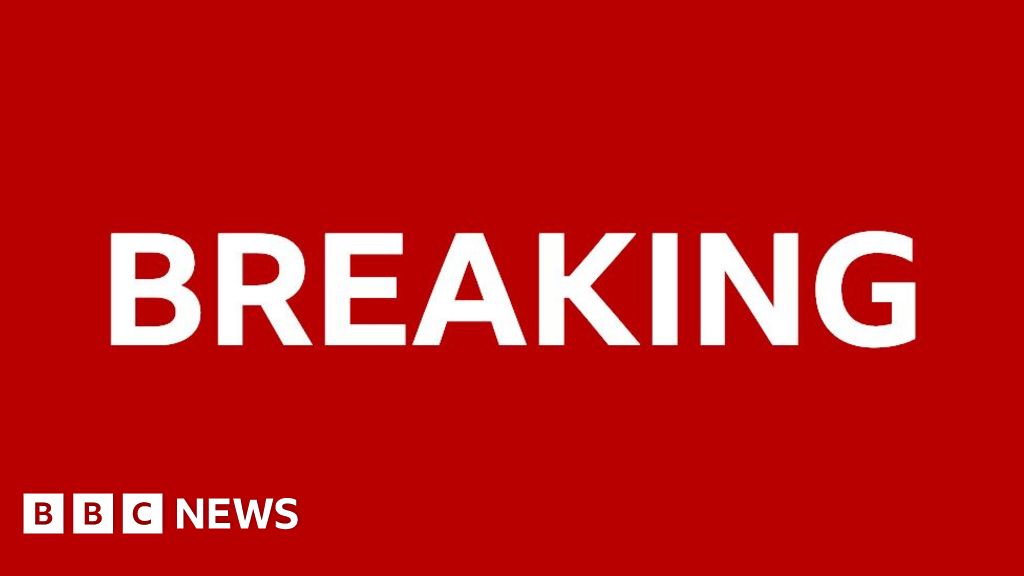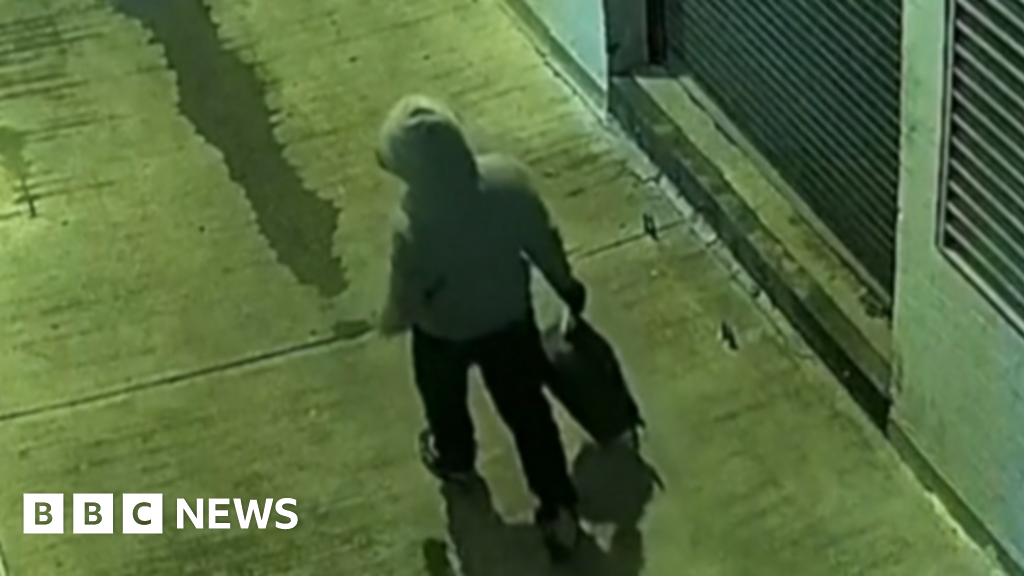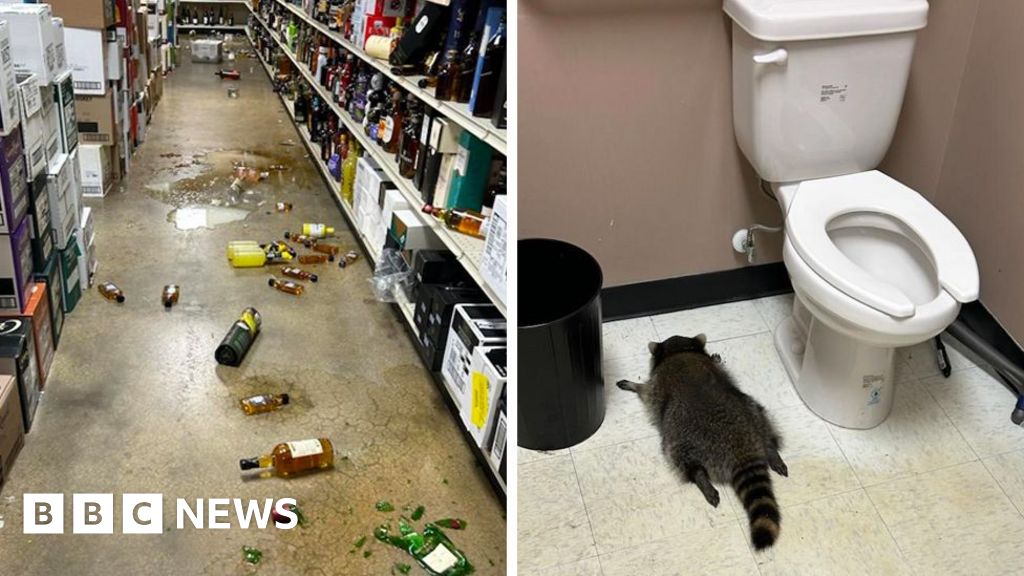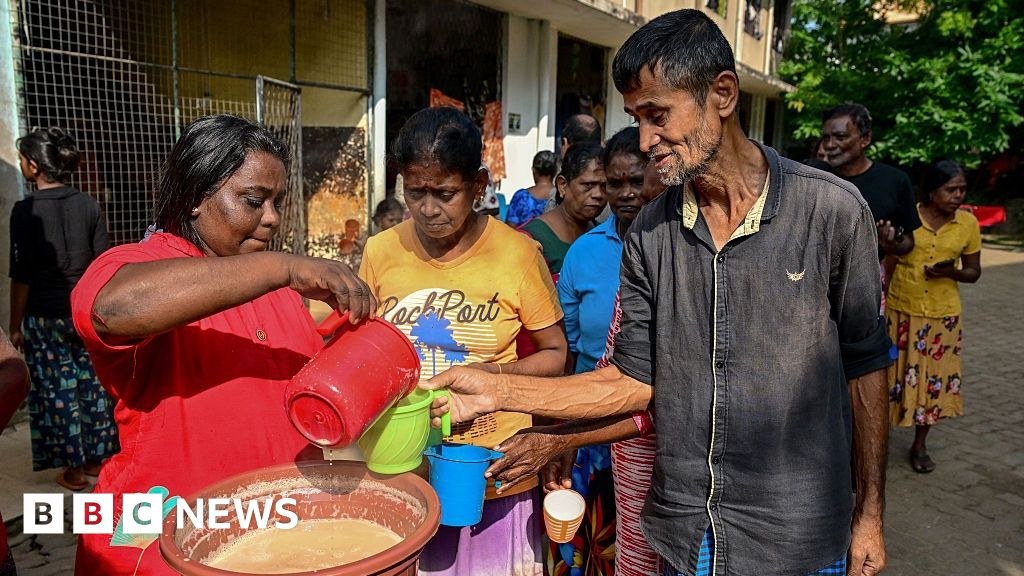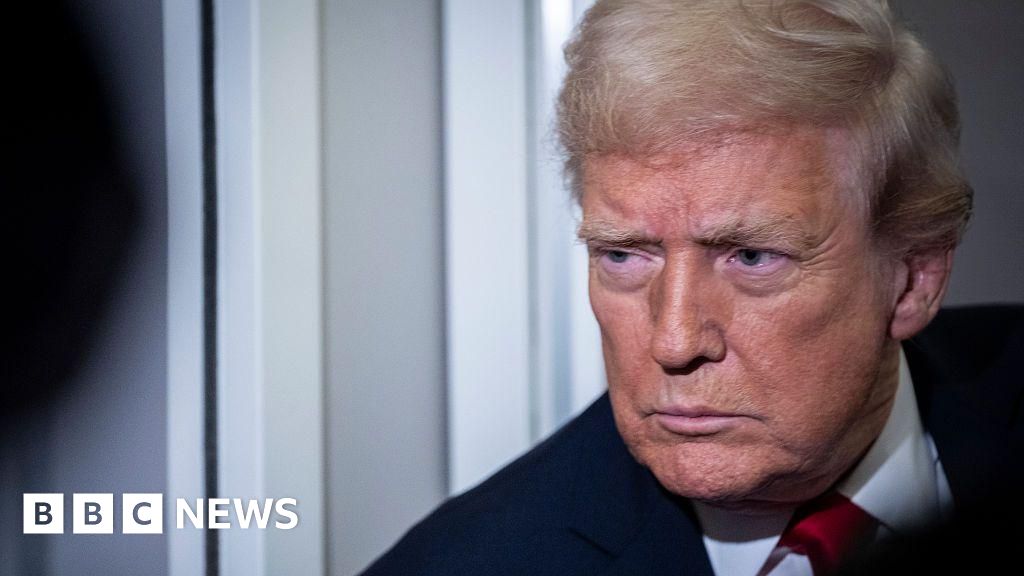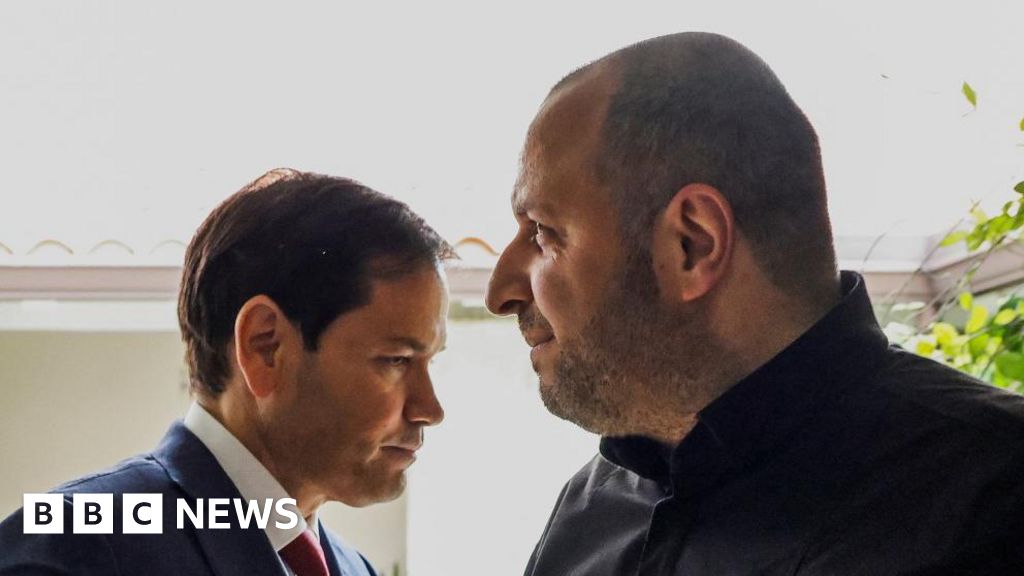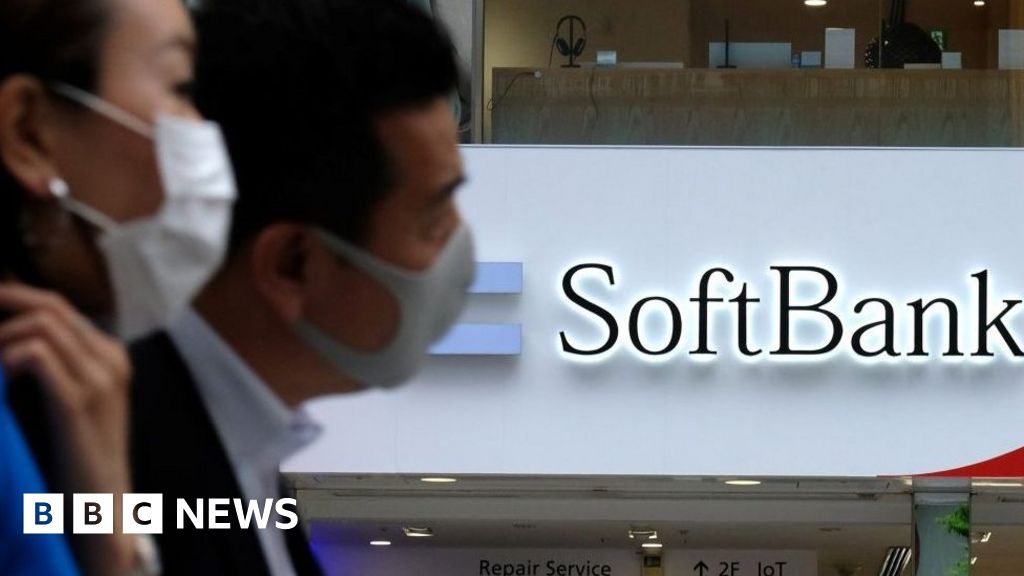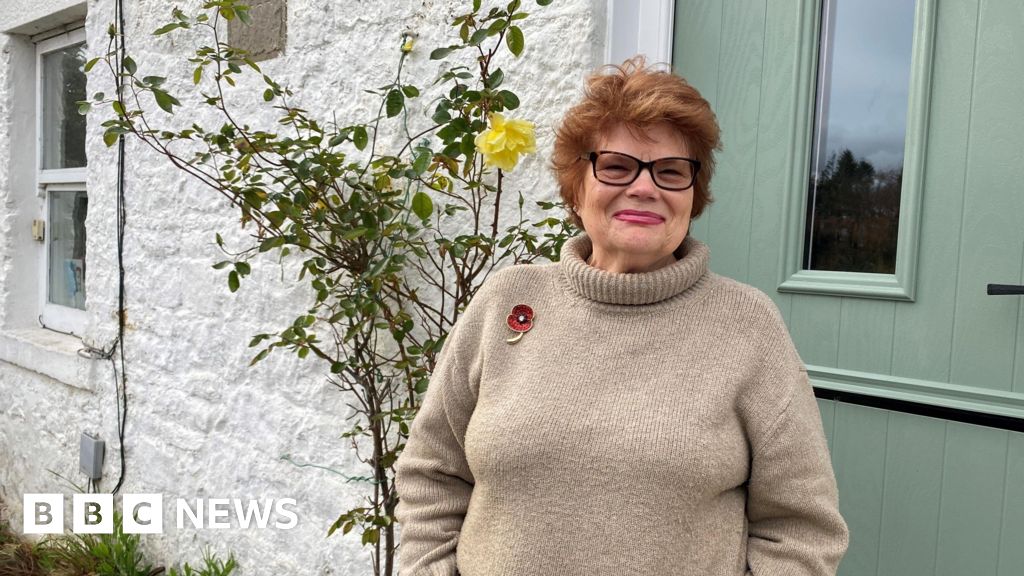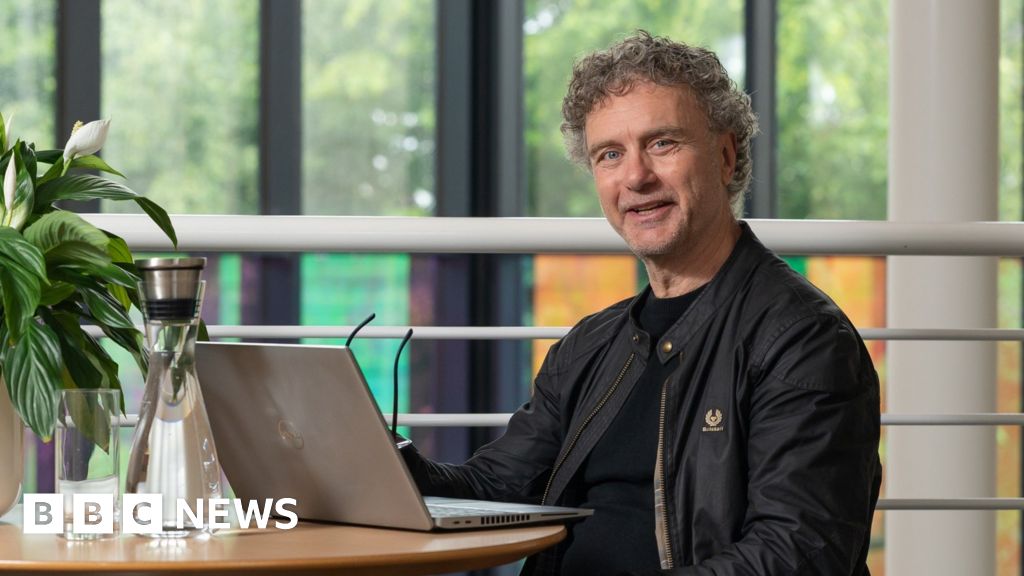image copyrightGetty Images
Travellers from Portugal to Wales and Scotland have been told they must self-isolate – while Scotland has made a specific quarantine rule for people flying in from Greece. Wales has also got a quarantine rule that applies to six Greek islands.
However, travellers from Portugal and Greece to England and Northern Ireland have been told they will not face quarantine.
What are the quarantine rules?
Almost everyone entering the UK – including British nationals – must fill in a ”passenger locator” form, regardless of whether or not they need to quarantine.
If someone who is required to self-isolate does not provide an address, the government will arrange accommodation at the traveller’s expense.
For 14 days, starting from the day after arrival, people who are quarantining should not:
- Use taxis or public transport to reach their destination once they arrive in the UK, if possible.
- Use public transport or taxis once at their destination
- Go to work, school, or public areas
- Have visitors except for essential support
- Go out to buy food, or other essentials, if they can rely on others
Can you be fined for breaking the rules?
The government has warned travellers that breaking quarantine rules is a criminal offence, and that they face a fine and potentially a criminal record.
They can be fined up to £3,200 in England if they do not provide accurate contact details, or £1,920 in Wales.
There is also a fine of £100 for not filling in the passenger locator form.
One in five eligible passengers will be called or texted to check they are following the rules.
Where are the low-risk countries?
Travellers from more than 50 countries deemed ”low risk” do not have to quarantine, although some of these countries impose restrictions on travellers entering from the UK.
Anyone arriving from the Common Travel Area (CTA) – the Republic of Ireland, the Channel Islands, or the Isle of Man – does not have to enter quarantine if they have been in the CTA for at least 14 days.
Health measures including quarantine rules are set by each UK nation separately.
Which countries do you have to quarantine after visiting?
Anyone entering the UK from a country not on the travel corridor list – such as Sweden, Russia and the US – is required to quarantine.
This list now includes several countries previously exempt:
- 4 September – Portugal and French Polynesia (travellers to Scotland and Wales); Gibraltar and six Greek islands (travellers to Wales)
- 3 September – Greece (travellers to Scotland)
- 29 August – Czech Republic, Jamaica, Switzerland
- 22 August – Croatia, Austria, Trinidad and Tobago (plus Switzerland, for travellers to Scotland)
- 15 August – France, Netherlands, Malta, Monaco, Turks & Caicos, Aruba
- 8 August – Belgium, Andorra, Bahamas
- 31 July – Luxembourg
- 27 July – Spain
Travellers from Portugal and Greece to Scotland are being asked to self-isolate for 14 days.
Wales has asked people arriving from Portugal, Gibraltar, French Polynesia and six Greek islands to quarantine.
Travellers from Greece and Portugal to England and Northern Ireland are unaffected.
You don’t need to self-isolate if you drive through a non-exempt country, as long as you don’t stop in the country to get out of the car and no-one else gets in.
If you are on public transport, you are exempt from quarantine if no new passengers get on while in the non-exempt country and no passenger mixes with people outside or enters a public space at a stop.
Which workers are exempt from quarantine?
- Road haulage and freight workers
- Seasonal agricultural workers if they self-isolate where they are working
- UK residents who ordinarily travel overseas at least once a week for work
Do other countries have quarantine rules?
- New Zealand has barred almost all foreign travellers
- Australia requires an exemption visa if you are not a resident or a citizen and everyone entering the country needs to quarantine for 14 days
- South Korea requires all arrivals to be tested and to isolate for 14 days
- Anyone who has been in the UK in the previous 14 days is not currently allowed to enter Japan
Please include a contact number if you are willing to speak to a BBC journalist.
